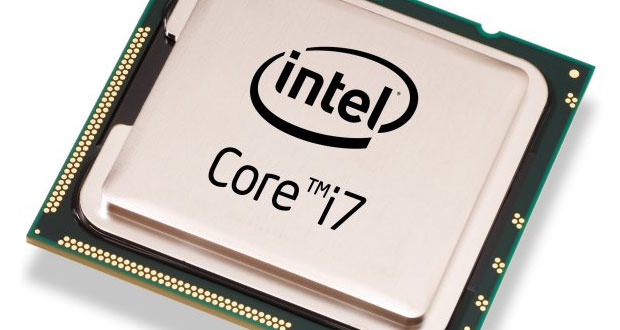Here is Spoiler, the new vulnerability affecting Intel CPU
There seems to be no respite for CPU manufacturers, Intel in the lead: new research has identified a security vulnerability that affects all Intel Core processors from the first-generation onwards.
There is a new vulnerability affecting Intel processors, discovered by researchers at Worcester Polytechnic Institute in America and at the University of Lübeck in Germany: the English site The Register, which analyzed the public documentation put online by The Register.
This is a problem similar to the Specter that emerged just over 1 year ago, based on speculative execution even if it intervenes in different ways: the name chosen to indicate it is Spoiler, a name that does not have a specific meaning for researchers if not in the first two letters, SP, which refer to be speculative.
Unfortunately, Spoiler cannot be mitigated by using the tools implemented in recent months with reference to Specter. The official documentation provided, available at this address, reports that ” Spoiler is not a Specter attack. The root cause for Spoiler is weakness in addressing conflicts. Existing Specter mitigations would not interfere with Spoiler. ”
Spoiler allows, if used by malicious parties, to acquire passwords, security keys and other data critical for system security directly from memory. To achieve this, the attacker should have physical access to the system, or enter malware into the system itself so as to be able to obtain remote control. Put another way, the vulnerability is present, but it is not so easy to exploit it to retrieve information.
The researchers did not find this security vulnerability with ARM and AMD processors. Intel uses a proprietary memory management technique that is right at the heart of the Spoiler vulnerability, and it is for this reason that it is not replicable in systems with an AMD CPU or an ARM architecture.
All Intel Core processors, starting from the first-generation models, are victims of Spoiler regardless of the operating system used. Intel plans to implement forms of protection directly via software patches.
There is no doubt that this will also require an intervention at the hardware level, to be integrated in the next versions of Intel Core processor: it is difficult at the moment to predict which and how much internal work this will require, and from this to obtain time for implementation.
Update 7 March 2019 – we received the following official communication from Intel:
” Intel has been warned of this research, and we expect software to be protected against these problems by adopting security development practices from side-channel attacks. Among these, avoid control flows that depend on the data of interest. Similarly, we expect DRAM modules mitigated against Rowhammer attacks to remain protected. Keeping our customers safe and their data continues to be a key priority for us, and we appreciate the work of the community that works in the security field for their ongoing research. “

